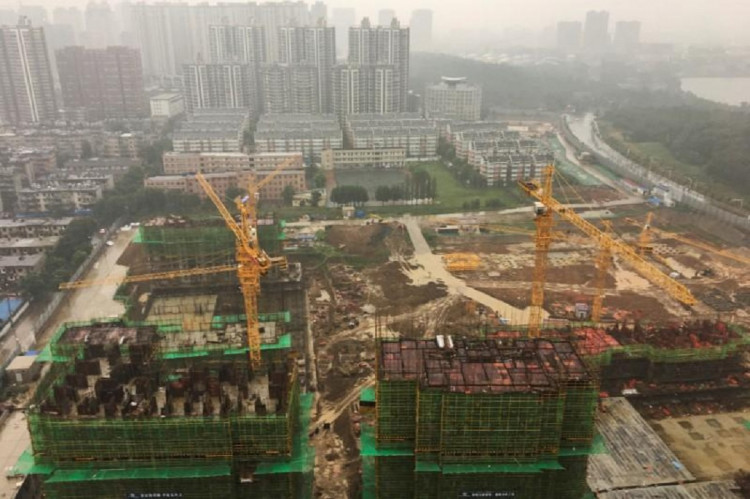Chinese real estate development company Shimao Property Holdings announced that it would be selling all of its real estate projects. The divestment announcement amid the ongoing nationwide property crisis sent the company's share prices up by more than 20% Monday.
As concerns over the rising debts in China's real estate sector worsen, real estate companies have continued to sell their assets to increase their liquidity. The sale of the company's real estate projects, both commercial and residential, is expected to significantly ease its cash crunch.
The increase in its share price is a significant turnaround following the 17% drop in its value after Friday's close. The company's stock plunged after reports emerged that it was unable to make a full repayment on a trust loan.
Business newspaper Caixin reported that Shimao has been asking agents to look for buyers for its properties since December. Sources with knowledge in the matter said the company had signed a preliminary deal with a state-owned company for the sale of its commercial project, Shimao International Plaza Shanghai, located in the city's Nanjing road. Shimao is reportedly selling the property for more than 10 billion yuan.
Despite the massive selloffs of assets, analysts expect the default risk in the country's real estate sector to worsen in the coming months. Analysts at S&P Global said that risks could escalate if related policies do not "meaningfully ease."
Analysts said Chinese real estate companies are still under a lot of pressure as they attempt to secure their liquidity to meet debt obligations. Over the past couple of years, the Chinese government has worked to reduce property developers' reliance on debt for growth.
Their efforts were underscored following China Evergrande's missed payments. Concerns still remain of how the entire industry could collapse if the world's most indebted real estate company finally defaults.
Other developers have been affected by the same issues. Even reasonably healthy developers like Shimao have been affected, as a growing number experience cash flow challenges and have not serviced their financial commitments.
The entire amount of bonds expiring this year in the industry, according to S&P, is substantial, with $40 billion due in the first half of 2022. Offshore debt accounts for 54% of that total.
Developers also have several payment responsibilities during the forthcoming Lunar New Year, making financial management even more difficult. Pre-Lunar New Year payments to construction firms and suppliers would likely take precedence, according to S&P. Authorities have stressed the necessity of honoring house deliveries to customers.





